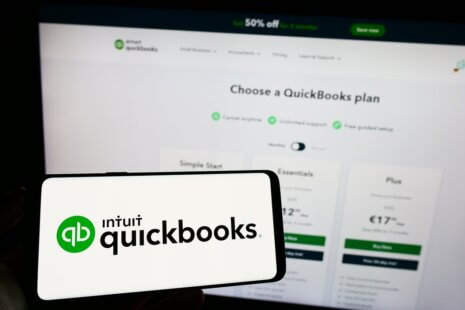Whether it’s better to take owner’s draws or a salary depends on various factors, including your business structure, personal financial needs, and tax implications.
Here’s a comparison of the owner’s draws and salary:
Owner’s Draws:
- Flexibility: Owner’s draws offer flexibility. You can take money out of the business whenever you need it, and the amount is not fixed. This flexibility can be particularly useful for small business owners with irregular income or varying financial needs.
- Taxation: Owner’s draws are typically not subject to payroll taxes like Social Security and Medicare. However, they are generally subject to income tax on your personal tax return.
- Profit Distribution: Draws are often used to distribute profits to business owners, particularly in sole proprietorships, partnerships, and single-member LLCs. The amount you take depends on the available profits in the business.
- No Withholding: There is no tax withholding on owner’s draws. This means you need to set aside money for income taxes and self-employment taxes on your own.
Salary:
- Regular Income: A salary provides a predictable, regular income, which can be helpful for budgeting and managing personal finances. It ensures that you receive a consistent paycheck.
- Tax Withholding: When you receive a salary, taxes are typically withheld at the source. This means that the employer takes care of withholding federal income tax, Social Security, and Medicare taxes. You may also have access to employee benefits like health insurance and retirement plans.
- Retirement Benefits: A salary allows you to contribute to retirement accounts like a 401(k) or an employer-sponsored pension plan, which can help you save for the future.
- Social Security Credits: Earning a salary contributes to your Social Security and Medicare credits, which can affect your eligibility for these programs in the future.
The choice between owner’s draws and a salary often depends on your business structure:
- Sole Proprietorships and Single-Member LLCs: These business structures are not separate legal entities from the owner. Owners often take draws rather than salaries. Draws are subject to personal income tax and self-employment tax.
- Partnerships: Partners may receive guaranteed payments as a form of salary, while the rest of their share of profits is distributed as draws. Guaranteed payments are subject to self-employment tax.
- S Corporations: S corporation owners often take a reasonable salary, which is subject to employment taxes, to ensure they are compensated for their work in the business. Any remaining profits can be distributed as owner’s draws, which are not subject to self-employment tax.
- C Corporations: Owners of C corporations typically receive a salary as employees of the company. This salary is subject to payroll taxes. Additionally, dividends can be paid to shareholders, which are generally taxed at a lower rate than salary income.
The decision should be made based on your unique financial situation and the specific requirements of your business structure. It’s advisable to consult with a tax professional or financial advisor who can provide personalized guidance based on your circumstances.




